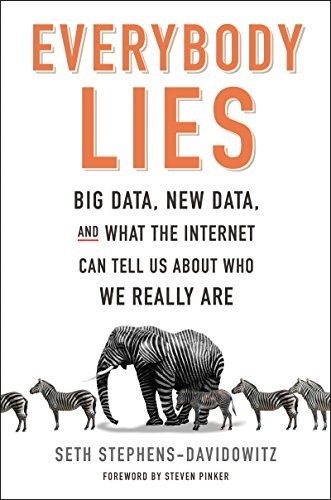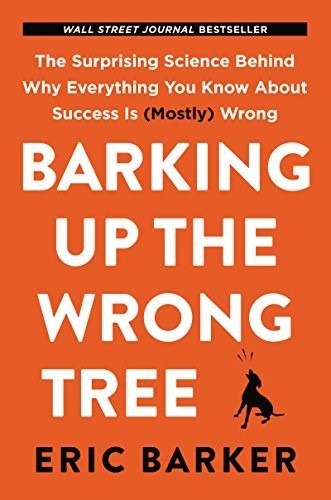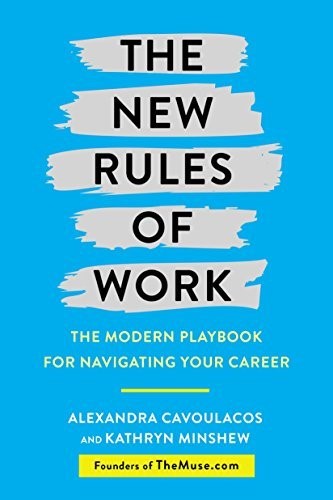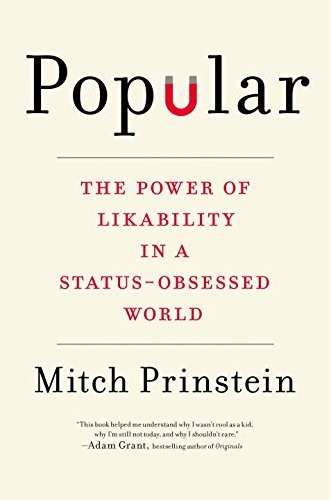Have you started the new season reviewing your 2017 goals? Have you panicked because it is only four months till the end of the year? How can you do it?
If some of these points are in your list…
Improve my English
Read more and more
And learn a new thing every days….
Then, the Professional Reading Club will help you get it.
Our purpose is to improve our English and at the same time update our knowledge by reading more interesting, innovative and necessary business books in English.
In this list you will found our selection for the last four months of the year, and and In the end of each e month you will get access to the review of the book with additional material like videos, interview…

SEPTEMBER: Everybody Lies by Stephens-Davidowitz
Stephens-Davidowitz is a Harvard-trained economist and former Google data scientist. In his book, he explores the myriad uses of Big Data and how the very definition of “data” is constantly expanding.
Everybody Lies offers fascinating, surprising, and sometimes laugh-out-loud insights into everything from economics to ethics to sports to race to sex, gender and more, all drawn from the world of big data. What percentage of white voters didn’t vote for Barack Obama because he’s black? Does where you go to school effect how successful you are in life? Do parents secretly favor boy children over girls? Do violent films affect the crime rate? Can you beat the stock market? How regularly do we lie about our sex lives and who’s more self-conscious about sex, men or women?
Investigating these questions and a host of others, Seth Stephens-Davidowitz offers revelations that can help us understand ourselves and our lives better.

OCTOBER: Barking up the wrong tree by Eric Barker
Much of the advice we’ve been told about achievement is logical, earnest…and downright wrong. In Barking Up the Wrong Tree, Eric Barker reveals the extraordinary science behind what actually determines success and most importantly, how anyone can achieve it.
In the book, Barker uses compelling anecdotes and scientific research to debunk common myths around the science of success — as in, your high-school valedictorian might not have a better shot at wealth and fame then you do! What’s more, he gives readers tools for figuring out what success really means to them.
Barker writes in a conversational-bordering-on-jokey tone, so it’s really easy to follow. But he also takes the science of success seriously, so you won’t go more than a few pages without having learned something useful.

NOVEMBER: The new rules of work by Alexandra Cavoulacos and Kathryn Minshew
Cavoulacos and Minshew are the cofounders, and COO and CEO, respectively, of popular career advice and job listings site The Muse. In “The New Rules of Work,” they share the most important lessons they’ve learned about finding and building your dream career.
The best part about this book is how actionable their advice is — for example, they don’t just tell you to email your dream company; they give you a templatefor sending those cold messages.
And while the authors get that taking control of your career can be scary and confusing, they also aren’t afraid to give real talk. As in, don’t wait for your boss to explain the path to promotion. You’re responsible for figuring out the skills you’ll need to advance.
 DECEMBER: Popular by Mitch Prinstein
DECEMBER: Popular by Mitch Prinstein
A leading psychologist examines how our popularity affects our success, our relationships, and our happiness—and why we don’t always want to be the most popular
No matter how old you are, there’s a good chance that the word “popular” immediately transports you back to your teenage years. Most of us can easily recall the adolescent social cliques, the high school pecking order, and which of our peers stood out as the most or the least popular teens we knew. Even as adults we all still remember exactly where we stood in the high school social hierarchy, and the powerful emotions associated with our status persist decades later. This may be for good reason.
Popular examines why popularity plays such a key role in our development and, ultimately, how it still influences our happiness and success today.


